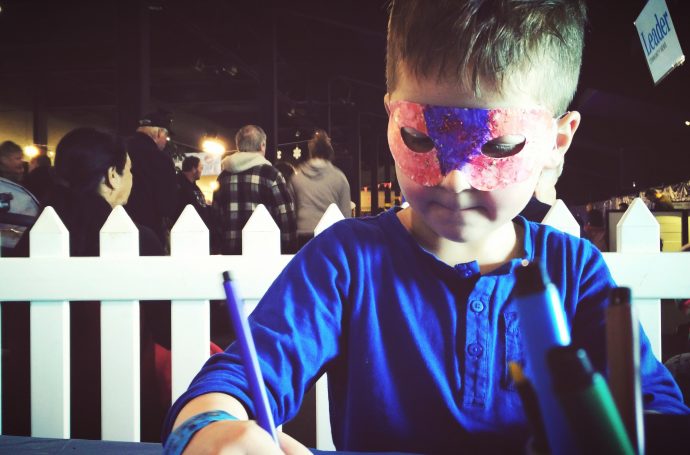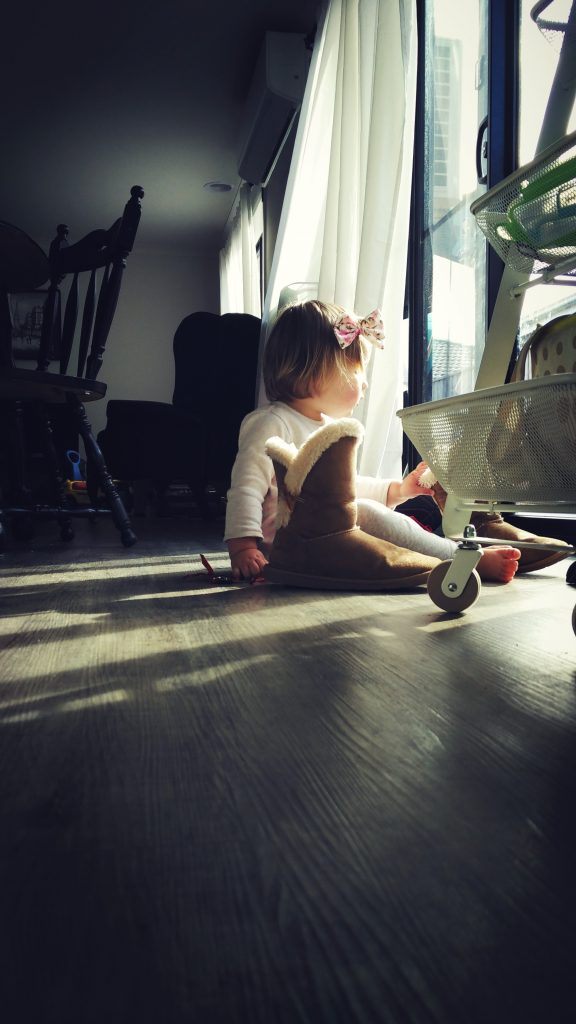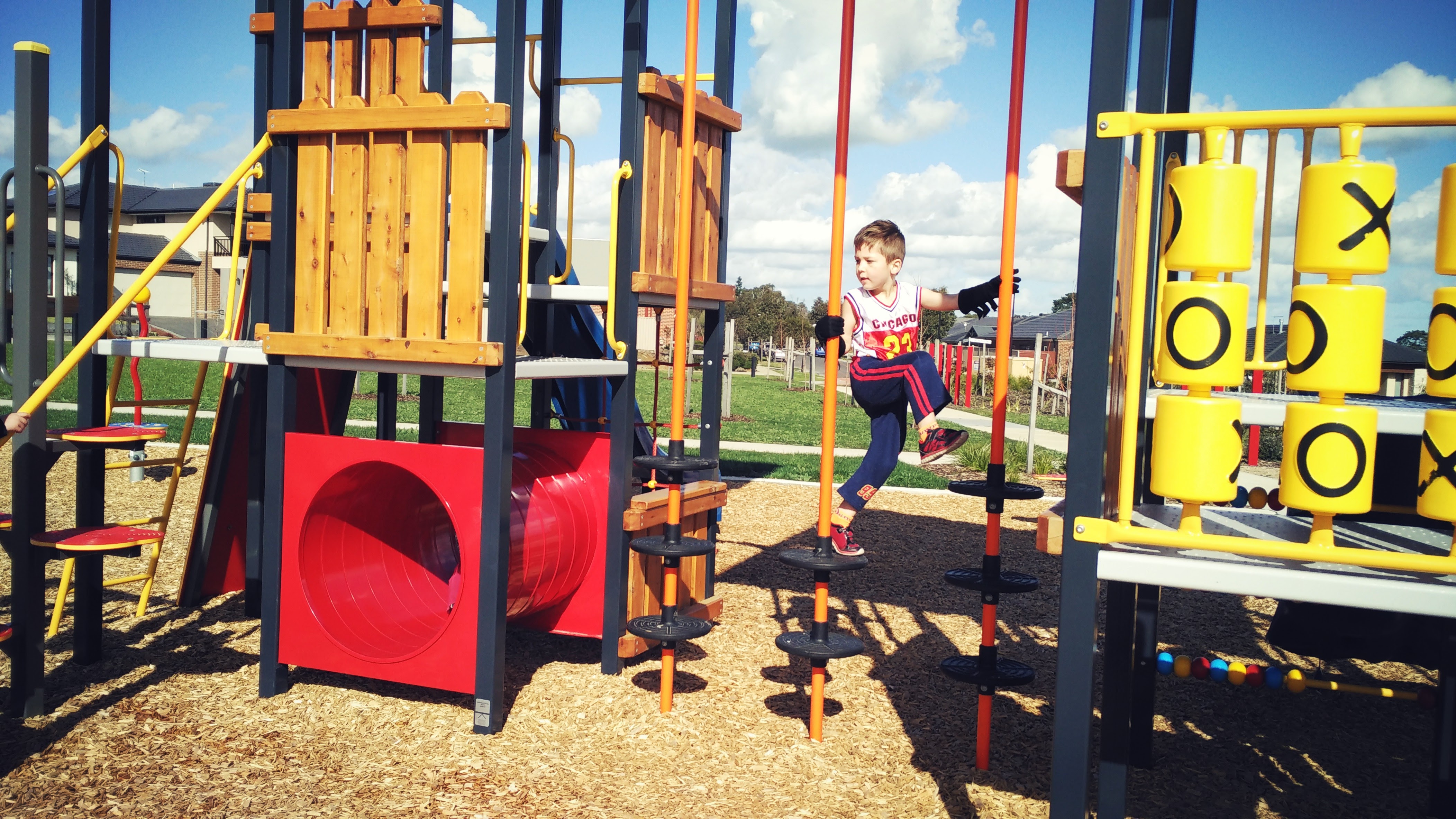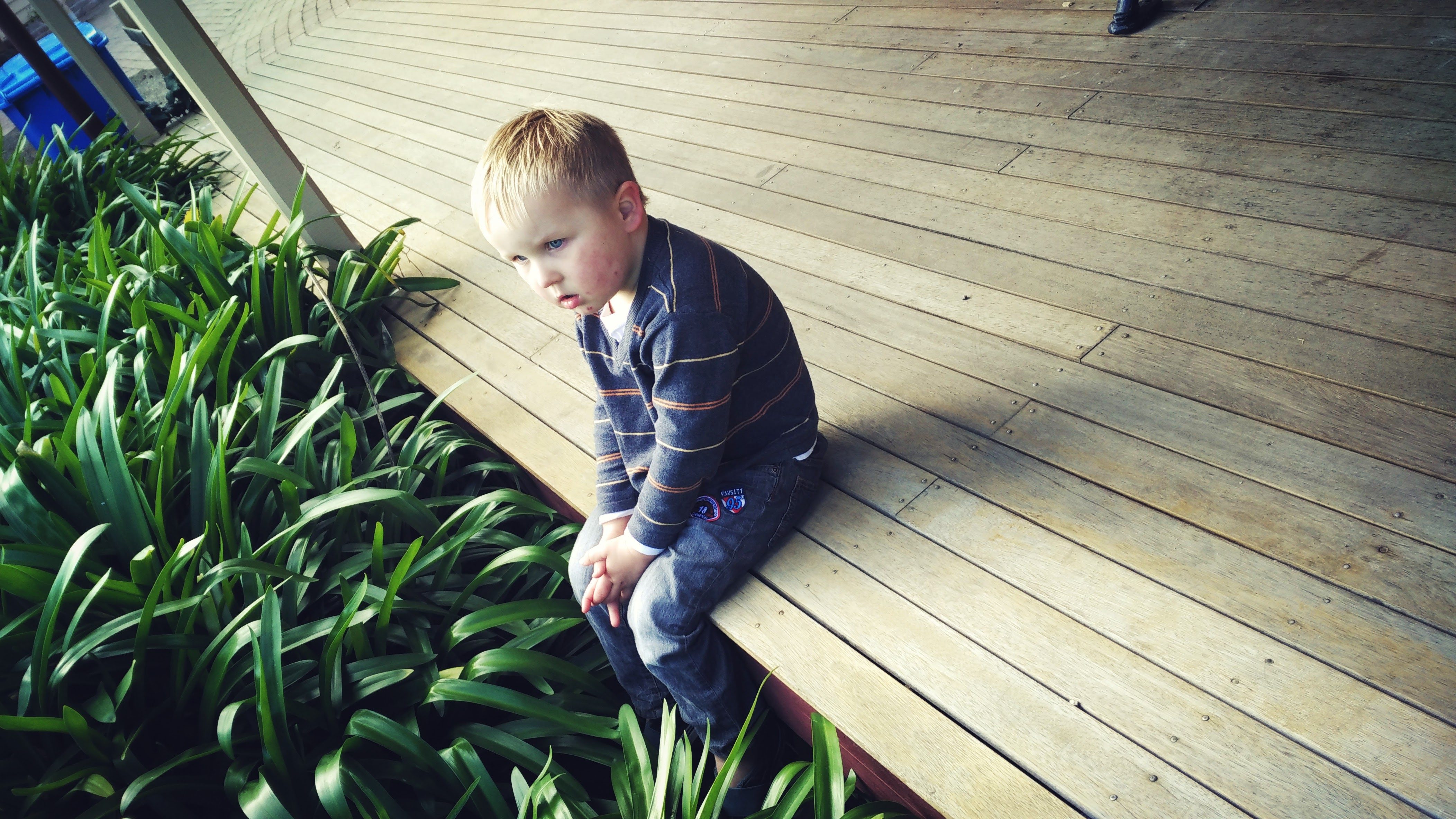I am two people
today. Mired in future
ponderings and seized by
history.
…
Laughter rings out, I realise
it is mine. Body given
fully over to the humour of
the moment. Maybe I am
three?
…
Counting dates on fingers,
hiding behind transparent
walls. Rushing over to
surround quivering lips
with an encircling embrace.
…
Weathered expressions, consumed by
worry. A community drawn together by
sorrow. I look deeply into each face and wonder
what lies beneath?
…
We all began as an echo
in a cavernous tomb.
Now passing each other
nonchalantly in pretense
that we do not
mournfully yearn for
connection.
Entering through hospital doors inevitably raises something contemplative in me. I’m not sure if it is the thrill of the chase with finding a free car park, the bustling hub of a place where hardly anyone wants to be, the smell of antiseptic and the blast of warm air. I cannot help but feel as if it is a place in which the facade of life is thinning and a strange sense of community can be found.
I seem to produce children with faulty hips. Two out of three is not a stellar record. When I first discovered that Hudson would need a hip brace, I remember walking through warm corridors, tears streaming down my face, looking ironically up at the sign to the Children’s Cancer Ward and being immediately ashamed of my overreaction. There were so many other more ‘serious’ conditions. Nevertheless, we had just returned from the bliss of a two week road-trip to the jarring reality that my already miserable baby would have another reason to be hysterical. And he was both of those for three long months. It wasn’t until he was almost one that we discovered he also had an underlying hernia that caused excruciating pain. The operation stitched up the hole and returned to us an entirely new child, borne of joy and such zest for life that we could scarcely recognise him.
Ivy’s hip experience was familiar, untainted by fear. We thought we knew what to expect but she absorbed the structure with ease. It was only then we realised the full extent of Hudson’s pain and mourned what we did not know for his sake. I recount these experiences with each step towards the Outpatients Ward, thinking of how curve-balls make us stronger… or carry us kicking and screaming to a place of a little more depth.
My soundtrack for the drive was the evocative poetry of Naomi Shihab Nye, transporting me to other worlds entirely as she recounted her works to Krista Tippett. Her proposition that our lives are a poem and that we can use a word as an oar to get through the day was enchanting and enlightening. Can language really be that powerful?
The Traveling Onion
by Naomi Shihab Nye
“It is believed that the onion originally came from India. In Egypt it was
an object of worship —why I haven’t been able to find out. From Egypt
the onion entered Greece and on to Italy, thence into all of Europe.”
–Better Living Cookbook
When I think how far the onion has traveled
just to enter my stew today, I could kneel and praise
all small forgotten miracles,
crackly paper peeling on the drainboard,
pearly layers in smooth agreement,
the way the knife enters onion
and onion falls apart on the chopping block,
a history revealed.
And I would never scold the onion
for causing tears.
It is right that tears fall
for something small and forgotten.
How at meal, we sit to eat,
commenting on texture of meat or herbal aroma
but never on the translucence of onion,
now limp, now divided,
or its traditionally honorable career:
For the sake of others,
disappear.
Someone asked me the other day if I had always been interested in writing. I remember throwing myself with gusto into a creative writing challenge in Grade Six, using the essay as a springboard to launch a chapter book. I thought that was normal. I once wrote down every meal that we ate over the period of a year. My journals exploded with angst and stories of high school relationships and interactions. I crafted lyrics for accompanying melodies like one possessed. Words, it seems, were ever an invisible lifeline.
Like nothing else, words have the power to change us. Often without us even realising. I have often wondered at the magic of how, having read a book, the story becomes subsumed into our very beings – to be later recalled as memories, sparks and flashes of inspiration. I stared into the bubbling frying pan at the translucent onions writhing tonight, unable to see through the humble vegetable any longer.
Our lives are indeed a poem. We think in snatches of text – describing, comparing, feeling – layers of meaning grounding each soundbite. While I sit in the waiting room, recounting histories and preempting futures, I pay homage to the power of words to help connect me with others, process my ever-shifting thoughts and inch closer (in the words of Paulo Coelho) to understanding the ‘mystery that I am to myself’.
“There is something about words. In expert hands, manipulated deftly, they take you prisoner. Wind themselves around your limbs like spider silk, and when you are so enthralled you cannot move, they pierce your skin, enter your blood, numb your thoughts. Inside you they work their magic.”
The Thirteenth Tale, Dianne Setterfield, p 9




